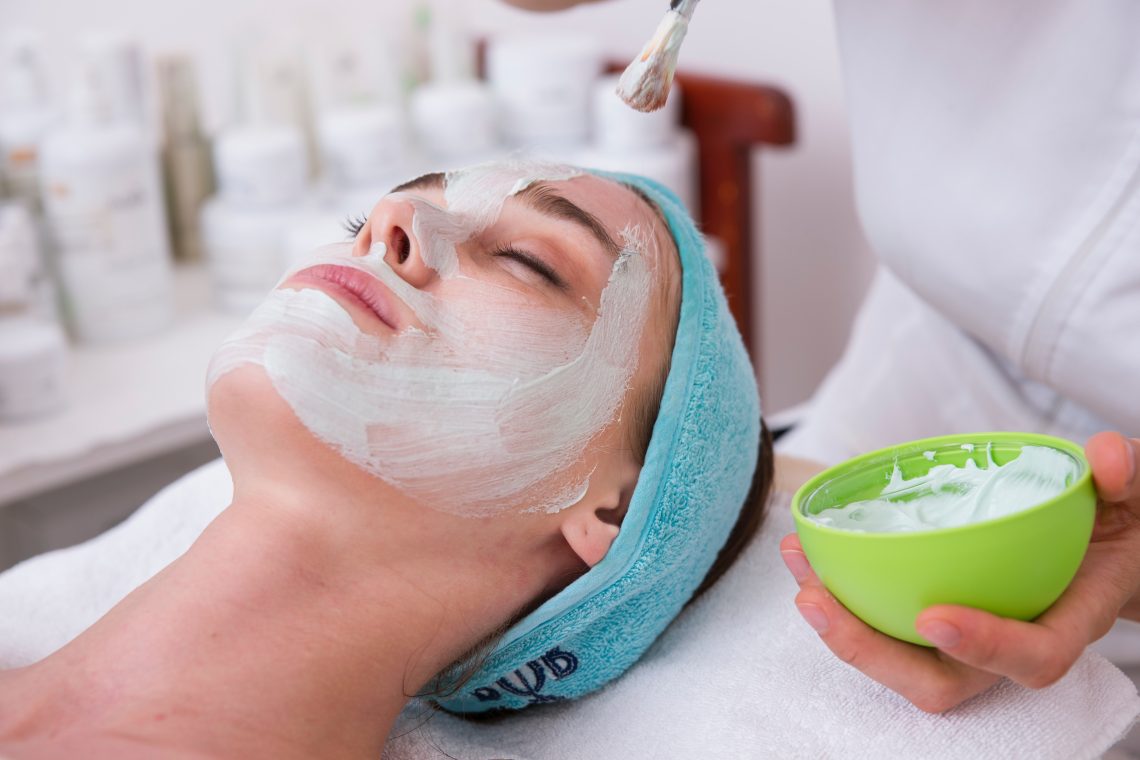Dealing with acne can be frustrating and disheartening. However, a cleansing face mask might be the solution you’ve been searching for. Designed to deeply purify your pores, these masks can help reduce breakouts. They work by removing excess oil and dead skin cells, which are common acne triggers.
Additionally, glowing skin masks can soothe inflammation, leading to calmer skin. Using one regularly can improve your complexion. Dive into our guide to discover how you can achieve clearer skin today.
The Role of Sebum Production
Making sebum is important for keeping skin healthy. Sebum is a natural moisturizer that keeps skin from getting dry. It is made by oily glands. Too much oil, on the other hand, can clog pores and cause acne. During puberty, changes in hormones can make the body make more sebum, which can make breakouts worse.
Keeping sebum levels in check is important for clear skin. Knowing how to control and understand sebum production is very important for having healthy skin without acne.
Benefits of Face Masks
- Facial cleansing products are good for keeping your skin clear and healthy in many ways. For starters, they help get rid of dirt, oil, and dead skin cells.
- Second, regular use can reduce the look of big pores, which makes skin look smoother.
- Third, these masks can reduce redness and inflammation, which can help even out your skin tone. Some chemicals in face masks keep skin from drying out by moisturizing it.
Types of Cleansing Face Masks
Different kinds of face masks are on the market, and each one is good for a different skin problem. Clay masks are great for acne-prone skin because they remove dirt and oil from the skin.
A charcoal mask is known for its ability to get rid of toxins and make pores smaller. It is very important to pick a mask that works well with your skin type and acne problems.
How to Use a Face Mask
Before you put on a face mask that cleans, wash your face with a mild cleaner. Don’t put the mask on your eyes or mouth; spread it out evenly.
Leave it on for as long as it says to, which is usually 10 to 15 minutes. Wash your skin with cold water and pat it dry gently. After that, use your favorite moisturizer to keep your face moist. If you want the mask to work best, use it once or twice a week.
Frequency of Use
A face wash that cleans your skin once or twice a week is good for most skin types. Masks that are used too often can dry out and irritate the skin by removing its natural oils.
It is very important to follow the directions on the product. People with sensitive skin might feel better if they only use it once every two weeks. Keep an eye on how your face reacts and make changes as needed. Use regularly and you may notice changes in the clarity and structure of your skin.
Ingredients to Look For
It’s important to find a cleansing face mask with chemicals that are good for your skin when you’re shopping for one. Salicylic acid is great for clearing out pores and getting rid of acne. Clay, like bentonite or kaolin, can help soak up extra oil. Activated charcoal is known for being able to clean the body.
Aloe vera can calm skin that is itchy and reduce swelling. Finally, hyaluronic acid deeply moisturizes your skin to keep it healthy and full of moisture.
DIY Face Masks
Photo by on Pexels
Making your cleaning face masks is a cheap and flexible way to take care of your skin. Things like oatmeal, yogurt, and honey can clean out your pores and calm itching. Most of the time, these natural ingredients are gentle, so they can be used on all skin kinds. By making your mask, you can make it fit your needs perfectly, which will help your face look better and be healthier.
The Importance of Patch Testing
It’s important to do a small test on your skin before putting on any new face mask. Put a small amount of the mask on your face somewhere that won’t be seen, like behind your ear or on your wrist. Wait 24 hours to make sure there isn’t a bad response. This step helps keep allergic reactions or skin irritations from happening.
Combining Masks With Other Acne Treatments
Using masks along with other acne solutions can make them work better. After a mask, using a product on the skin like benzoyl peroxide or salicylic acid can help target and reduce breakouts.
Adding retinoids to your routine can also speed up cell change, which can lower your risk of acne. Don’t forget to moisturize every day to keep your skin from getting dry and out of balance.
Potential Side Effects
Deep pore cleansing masks can have side effects, just like any other skincare product. After using a cleansing face mask, some people may notice that their skin is dry, red, or irritated.
Most of the time, these side effects are mild and short-lived, but you should stop using it if you have serious reactions. The best way to lessen these effects is to stay hydrated and moisturized.
The Role of Diet and Lifestyle
Photo by on Pexels
Skincare is not just about the products you use but also about your overall lifestyle. A balanced diet rich in vitamins, minerals, and antioxidants can help improve skin health. Drinking plenty of water and reducing stress through activities like meditation and exercise also play crucial roles in combating acne.
The Popularity of Korean Face Masks
One of the most popular trends in skincare is the use of Korean facial masks, which often combine advanced technology with natural ingredients. Korean masks are renowned for their efficacy and innovation, offering targeted treatments for various skin concerns, including acne. Incorporating them into your skincare routine can provide additional benefits.
Transform Your Skin With a Cleansing Face Mask
Cleansing face masks are an important part of any skincare practice, but they are especially helpful for getting rid of acne. They clean your pores deeply, getting rid of dirt and oil.
If you use a cleaning face mask regularly, your skin will look better and be clearer. Make sure you pick a mask that is good for your skin. To avoid reactions, you should always patch-test new goods. Use a cleaning face mask to improve the look of your skin right now.
Read more beauty and skin care articles at ClichéMag.com
Images provided by Deposit Photos, BingAI, Adobe Stock, Unsplash, Pexels, Pixabay & Creative Commons



